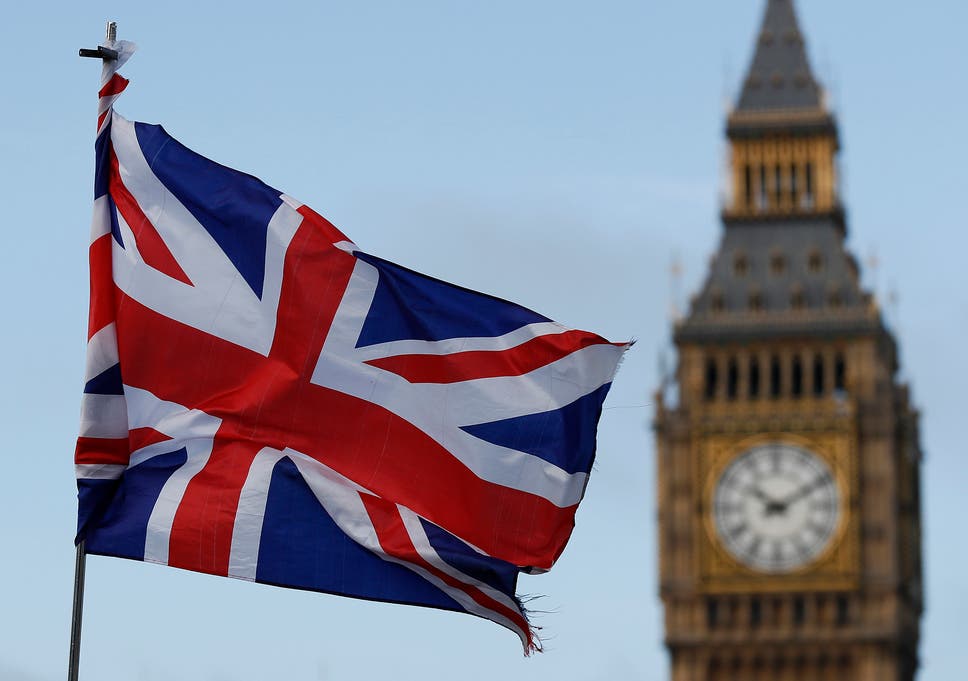British Prime Minister, Boris Johnson insisted that forging closer ties with Saudi Arabia does not mean “we can’t stick to our principles”.
This was after he was accused of going from dictator to dictator to find new fuel sources.
The prime minister is visiting the Gulf state and its neighbour the United Arab Emirates on Wednesday as he tries to wean the West off Russian energy in response to Vladimir Putin’s invasion of Ukraine.
But Johnson downplayed his chances of managing to secure greater oil production from the Middle East in an attempt to lessen the severity of the cost of living crisis facing Britain.
He will meet Saudi Crown Prince Mohammed bin Salman in Riyadh days after the largest mass execution in the kingdom in modern history.
In his first stop in Abu Dhabi, Johnson insisted that he has raised the two countries’ poor human rights records “many, many times,” adding: “I will raise them all again today.”
He pointed toward Saudi Arabia announcing a one billion-pound (1.3 billion dollars) investment in green aviation fuel in Teesside.
“That’s the kind of thing we want to encourage doesn’t in any way mean we can’t stick to our principles and raise those issues that we all care about,” he told broadcasters on a terrace at the Emirates Palace hotel.
However, he appeared pessimistic that he will be able to open up the spare capacity of the Saudi-led Organisation of the Petroleum Exporting Countries (OPEC) to soften the blow of divesting from Russian fossil fuels.
“Its not just a question of looking at the OPEC countries and what they can do to increase supply, though that is important.
“There’s also the issue of Emirati investment in UK wind farms, already huge; what more can they do,” he said.
“When we look at the dependency, the West in particular has built up on Putin’s hydrocarbons, on Putin’s oil and gas.
“We can see what a mistake that was because he’s been able to blackmail the West and hold Western economies to ransom. We need independence.”
Johnson pledged that his long-awaited British energy strategy will come next week and include a massive jump forward on renewables, more nuclear, using our own hydrocarbons more effectively and sourcing fuel from outside Russia.
After his interview, Johnson was going on to meet the UAE’s Crown Prince Sheikh Mohammed bin Zayed before heading to Riyadh.
Critics have particularly questioned the move to strengthen ties with Prince Mohammed bin Salman, with the Saudi leader implicated in the assassination of U.S. based journalist Jamal Khashoggi in 2018.
Labour leader, Sir Keir Starmer said “going cap in hand from dictator to dictator is not an energy strategy.”
Lawmakers from Johnson’s Conservative party and human rights watchdogs were among those calling on the prime minister to question the nations on their track records.
The calls followed the execution of 81 people by Saudi Arabia convicted of crimes ranging from killings to belonging to militant groups on Saturday.
Prince Mohammed bin Salman has largely been shunned by the West after U.S. intelligence alleged he ordered the murder of Khashoggi at the Kingdom’s consulate in Istanbul, something the Saudi ruler denies.
ALSO READ:Britain offers sanctuary to sick Ukrainian children
One person who did embrace him, however, was the Russian president, with the prince and Putin sharing a high-five and a laugh at a G20 summit in the month after Khashoggi’s death.



